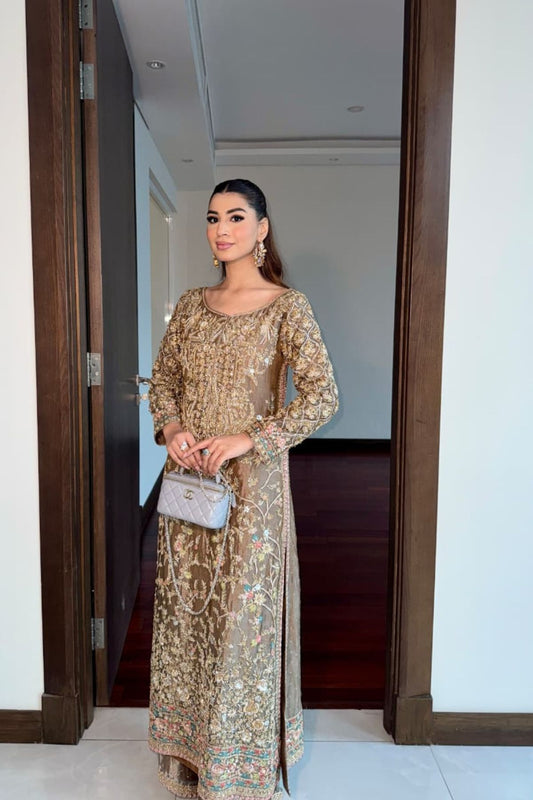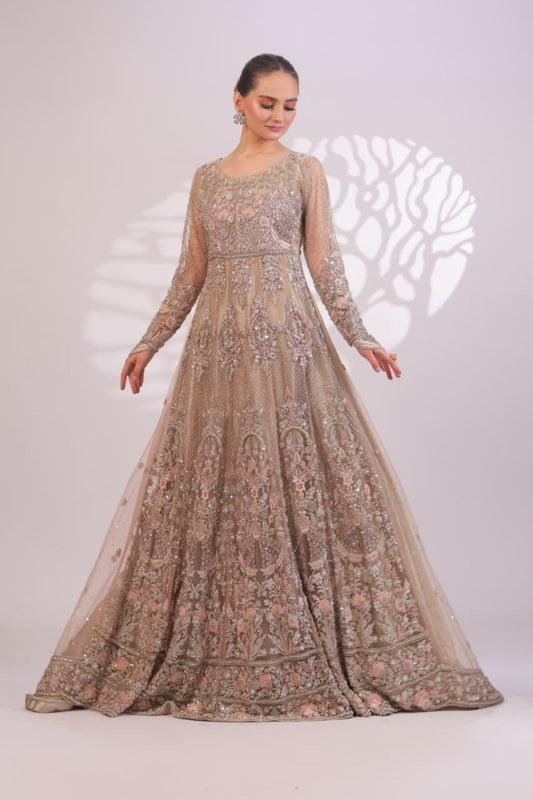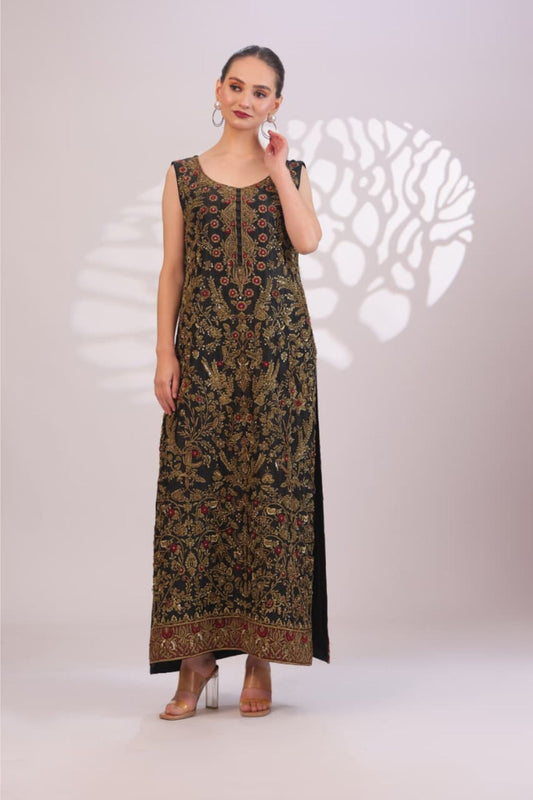The Psychology of Dressing: How Your Outfit Affects Your Mood and Confidence
We’ve all experienced it – the rush of confidence that comes when we slip into a well-chosen outfit. Whether it’s a favorite dress, a sharp suit, or simply a combination that makes us feel put-together, the clothes we wear have a profound impact on how we perceive ourselves and how we’re perceived by others. But what is it about dressing a certain way that can influence our mood and self-assurance? It all boils down to psychology. In this article, we’ll explore how the clothes you wear can affect your mood, confidence, and even productivity.
The Power of Clothing in Shaping Our Identity
Clothing is more than just fabric and thread. It’s a form of non-verbal communication that allows us to express our personalities, values, and identity to the outside world. Psychologists have long known that the way we dress plays a significant role in how we view ourselves and how we interact with others. From a young age, we learn that clothing can signal different messages—whether we want to convey professionalism, creativity, or relaxation. Whether it’s casual wear for everyday comfort or party wear for making a bold statement at special events, our fashion choices shape the way we feel and present ourselves. In fact, the concept of "enclothed cognition" demonstrates how the clothes we wear can influence our thoughts, behaviors, and even cognitive performance.
The idea of enclothed cognition refers to the phenomenon in which wearing certain types of clothing can prime individuals to think and act in specific ways. For example, wearing a tailored suit can make someone feel more authoritative and self-assured, while a casual, comfortable outfit might encourage a relaxed and laid-back mindset. Essentially, the clothes we choose can act as a visual cue to influence how we feel about ourselves in a given situation.
Mood and Confidence: The Link between Outfit and Emotion
Your outfit can impact your mood in ways you might not even be aware of. When you dress in a way that feels good or aligns with your sense of self, your mood is likely to improve. Positive emotions such as happiness, excitement, or confidence are directly linked to the clothes we wear. Wearing a fancy dress for a special occasion, for example, can elevate your confidence and make you feel more glamorous and self-assured. On the other hand, if we put on an outfit that doesn’t suit us, feels uncomfortable, or doesn't align with how we want to present ourselves, it can lead to feelings of frustration, self-consciousness, or even anxiety.
Research suggests that people who dress well—meaning they wear clothes that make them feel good and reflect their personal style—are often more optimistic and feel more in control of their lives. The positive psychological effects of wearing clothing that aligns with our self-image can increase motivation, boost productivity, and enhance our overall sense of well-being. Simply put, when you feel good in what you wear, it translates into a more positive outlook.
How Dressing for Success Boosts Confidence
We’ve all heard the phrase, “Dress for the job you want, not the job you have.” This mantra isn’t just about impressing others; it’s about shifting how you view yourself. Wearing clothing that makes you feel competent, polished, and empowered can significantly boost your confidence. This is particularly important in professional settings where confidence can influence the way others perceive your capabilities and potential. Choosing formal dresses for business meetings, interviews, or corporate events can enhance your professional image, making you feel more self-assured and ready to take on new challenges.
Think of the times you’ve worn an outfit that made you feel sharp and put together—perhaps for a job interview, a presentation, or even a night out. When you wear clothes that make you feel like your best self, you’re more likely to project an air of confidence and competence. You stand taller, speak more clearly, and approach situations with a sense of assurance. This is because your clothing influences not only how others see you, but how you see yourself. When you look good, you feel good, and when you feel good, your performance improves.
The Influence of Color and Style
In addition to the fit and overall aesthetic of an outfit, the colors and style you choose can have a direct effect on your emotional state. Colors, in particular, have been shown to impact our mood and energy levels. For example, the color red is often associated with power, passion, and energy, making it a go-to choice for boosting confidence. Blue, on the other hand, is known for its calming and relaxing effects, while yellow can invoke feelings of happiness and optimism.
Likewise, your personal style plays a role in how you feel about yourself. Someone who feels comfortable in a bohemian-style dress may feel free-spirited and artistic, while someone in a sleek, modern outfit may feel professional and focused. It’s essential to dress in a way that reflects who you are and how you want to be perceived. When your style aligns with your inner self, you’re more likely to feel authentic and at ease, which boosts confidence.
Dressing for Mental Health
There’s a growing body of evidence that suggests dressing well can have positive effects on mental health. For individuals who struggle with depression or low self-esteem, putting thought into their clothing choices can be a simple yet powerful way to improve their mood. It doesn’t require expensive clothing or elaborate outfits—just the act of getting dressed in a way that feels intentional can help combat feelings of sadness or low energy.
On the flip side, the reverse is also true. When we neglect to dress in a way that makes us feel good, it can reinforce negative emotions and perpetuate feelings of unworthiness or apathy. Taking the time to invest in our appearance—whether it’s through a new wardrobe item, a careful selection of clothes, or simply putting effort into personal grooming—can be a small but meaningful step toward improving our emotional health.
Conclusion
The psychology of dressing is a fascinating area that highlights how closely linked our clothing is to our mindset. Whether we’re aiming to boost our confidence, improve our mood, or increase our productivity, the clothes we wear have the power to shape how we feel and how we perform. By understanding the impact of dressing on our psychological state, we can make more intentional choices about what we wear and how we present ourselves to the world.
So the next time you get dressed, take a moment to consider how your outfit might influence your day. Choose pieces that make you feel good, reflect your personality, and align with your goals. After all, when you dress your best, you’re more likely to feel your best—inside and out.






